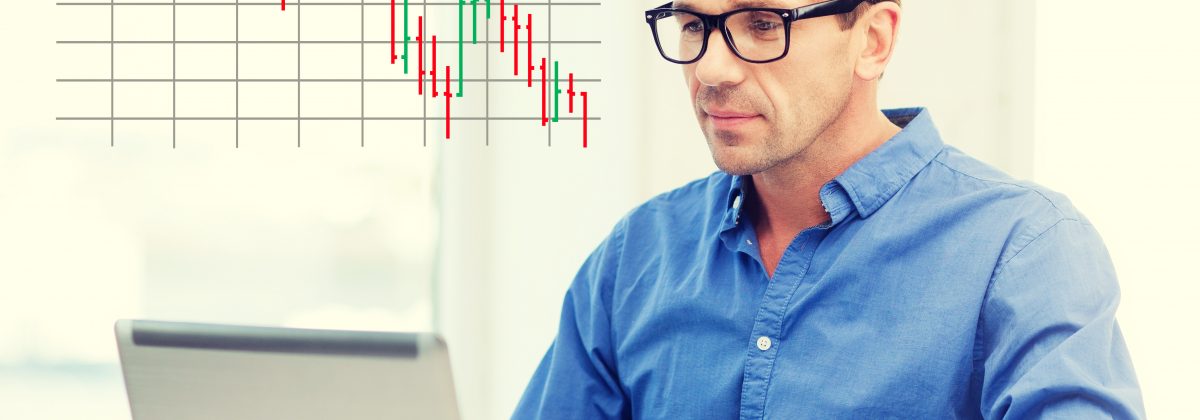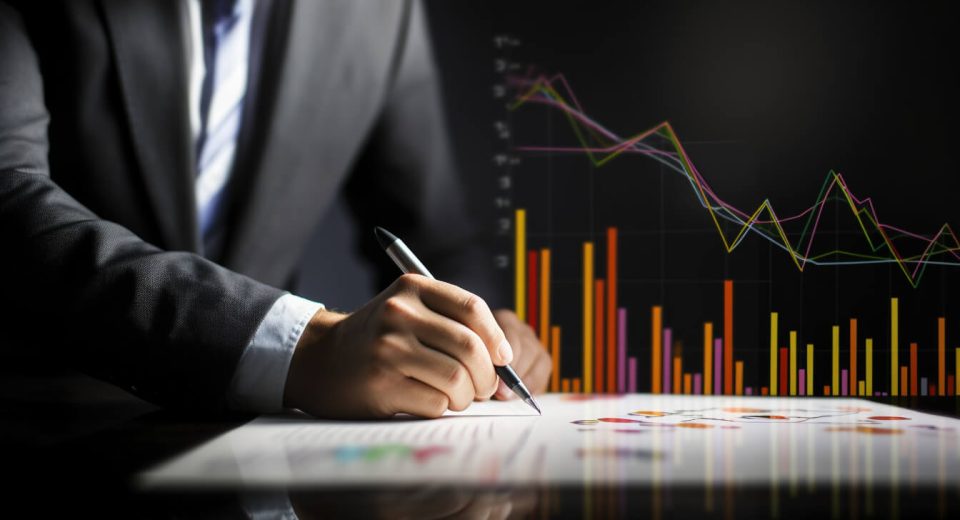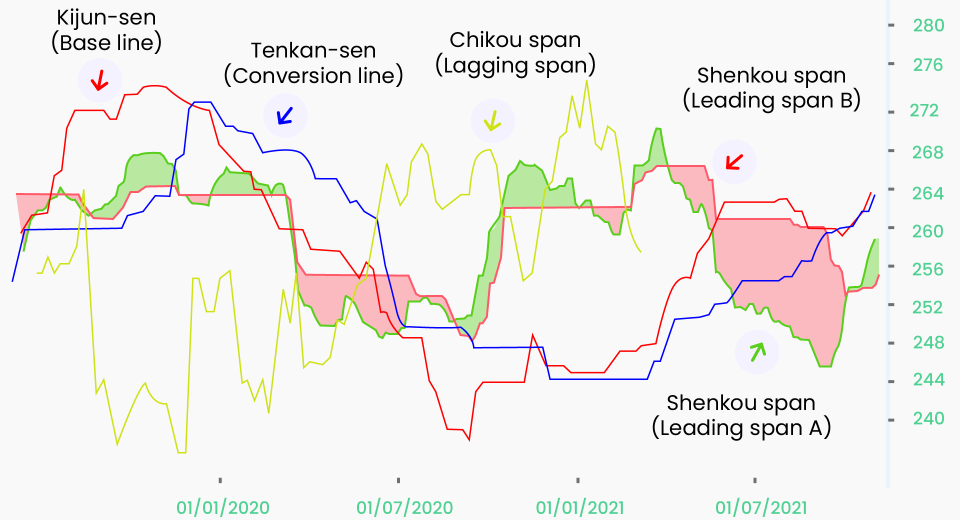If there’s one thing all successful forex traders know, is that where there is opportunity, there is also risk. Which is why they put in place effective strategies to mitigate or at least to minimise that risk. Entering the markets without a sound risk management strategy is one quick way to lose money.
To aim for success in forex trading, you have to conduct adequate research about your trading platform and the trading conditions offered by your broker. You should take advantage of a large range of learning tools available free online and start trading with a demo account. Once you have a good handle on how the forex market works, open a live account and start trading with small amounts until you build up your knowledge and confidence.
Traits of Successful Forex Traders
A successful forex trader is not one who consistently makes profits, but one who is able to maximise profits while minimising losses. But how is this possible? This happens when a trader continuously reviews their strategies and modifies them according to the changing sentiment and market conditions. Some basic characteristics that set successful traders apart are:
- Learning from a loss-making trade: Successful traders will not cry over spilt milk but see it as an opportunity to learn, analysing why their trade went wrong and what action can be taken in future to avoid such losses. These traders review their decisions and strategies regularly, modifying them based on their experiences. Each loss should be viewed as a trading lesson that educates and helps one make more informed decisions in the future.
- Using price action: Price actions represent the psychology of the market and help determine the points where buy and sell orders are best placed. These actions can help traders build successful trading strategies and decide where to enter and exit the market.
- Never over-analysing: Studying the various market movements and analysing them is essential before taking a position, but over-analysing them can lead to indecision or even worse, over confidence.
- Identification of risk: Successful trading requires identification of the risks involved in each trade. This enables one to identify whether they are ready to take that risk.
- Budgeting trades: Forex traders who trade with money that they can afford to lose are in more control of their trading than those that have invested more than they can bear to lose. The second kind of trader is at the mercy of greed and fear and as the pressure to win is much higher, it leads the trader to be more stressed and to take less well thought-out moves.
- Knowing when to take a break: To be successful, one should know when to quit. It is important to take a break when you are feeling stressed or emotional, regardless of whether that emotion is fear or exhilaration. Decisions taken under stress and emotional pressure often turn out badly for the forex trader.
- Not giving up: Taking a break is not the same as giving up because you’ve had a few bad trades. This is the time to take a break, analyse your mistakes, learn from them, modify your strategy and jump back in the game with renewed knowledge and confidence.
Most importantly, in your quest to become a successful forex trader, you need to develop a trading style or strategy that is in line with your personality and risk-taking ability. Another thing to remember is that forex trading is not gambling, it is a type of enterprise that requires a lot of patience. Successful traders work to develop their own individual forex trading styles keeping in mind their own personality, their ability to bear risk, as well as keeping their emotions in check and avoiding knee jerk actions.
Disclaimer
If you liked this educational article please consult our Risk Disclosure Notice before starting to trade. Trading leveraged products involves a high level of risk. You may lose more than your invested capital.





